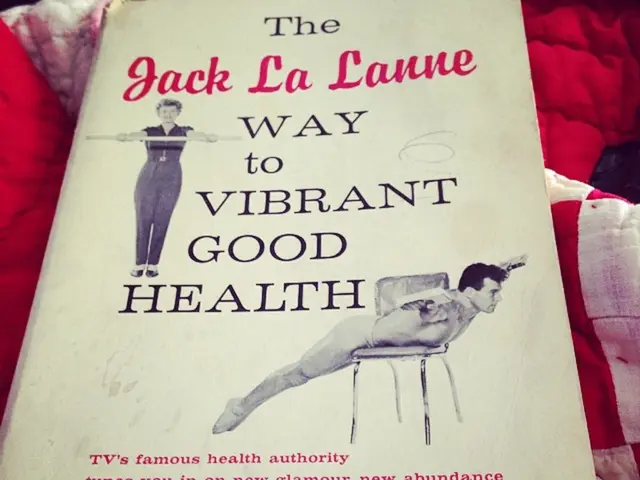Retirees Face Hidden Costs of Income Increases
Retirees and those nearing retirement face a complex web of financial rules that can turn even modest income increases into costly surprises. A simple search for IRMAA surcharge income limits on Yahoo Finance in Germany yielded no results, indicating a lack of specific guidance for international retirees. However, understanding these rules can help avoid unintended financial consequences.
The 'retirement rule of $1 more' refers to the unexpected financial impacts of modest income increases. For instance, once provisional income surpasses $25,000 for singles or $32,000 for couples, up to 85% of Social Security benefits may become taxable. Medicare Part B premiums can also rise sharply for higher earners, with IRMAA surcharges kicking in at $103,000 for singles and $206,000 for married couples in 2025.
Withdrawals from pre-tax retirement accounts can exacerbate these issues. They affect tax brackets, Medicare premiums, and the taxability of Social Security benefits. Even a single unplanned transaction could raise health care costs for an entire year due to IRMAA surcharges. Furthermore, the 0% long-term capital gains rate available to many retirees can quickly turn into gains taxed at 15% or even 20% with income increases. Modest income boosts can also quietly disqualify retirees from valuable tax breaks and credits.
Nearly nine in 10 Americans would stop to pick up money off the ground, highlighting the importance of being aware of financial implications. Retirees and those planning retirement should understand these rules to avoid costly surprises. Seeking professional advice can help navigate the complex retirement landscape and plan for potential income increases.
Read also:
- MERS (Middle East Respiratory Syndrome): A Comprehensive Overview and Treatment Guide
- Navigating Life with PTSD: Techniques for Managing Anxiety and Recurring Flashbacks
- Headline: Brain Trauma Indications, Identification, and Solutions
- Nursing Homes Under Scrutiny Over Alleged Payments for Deceased Residents








